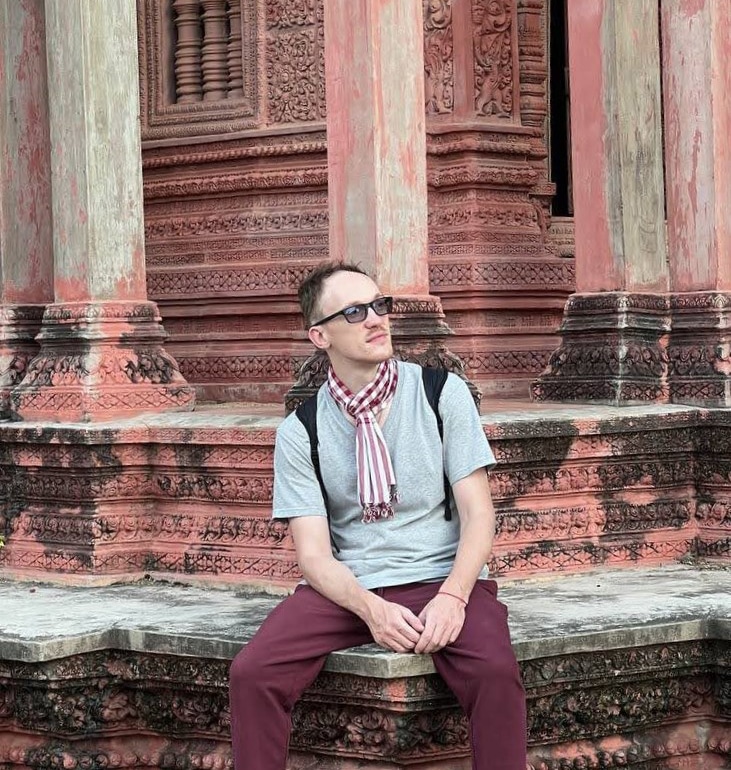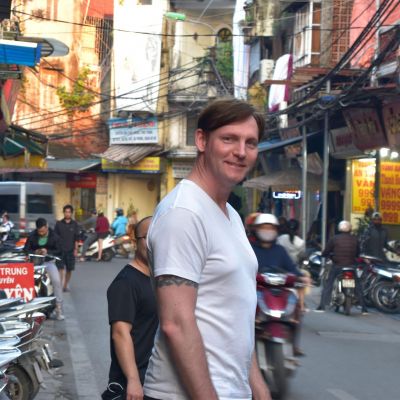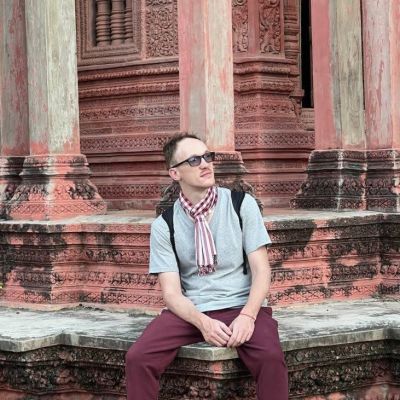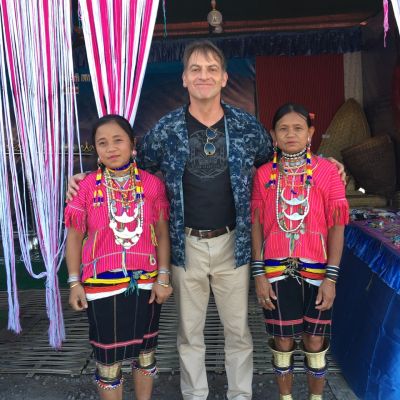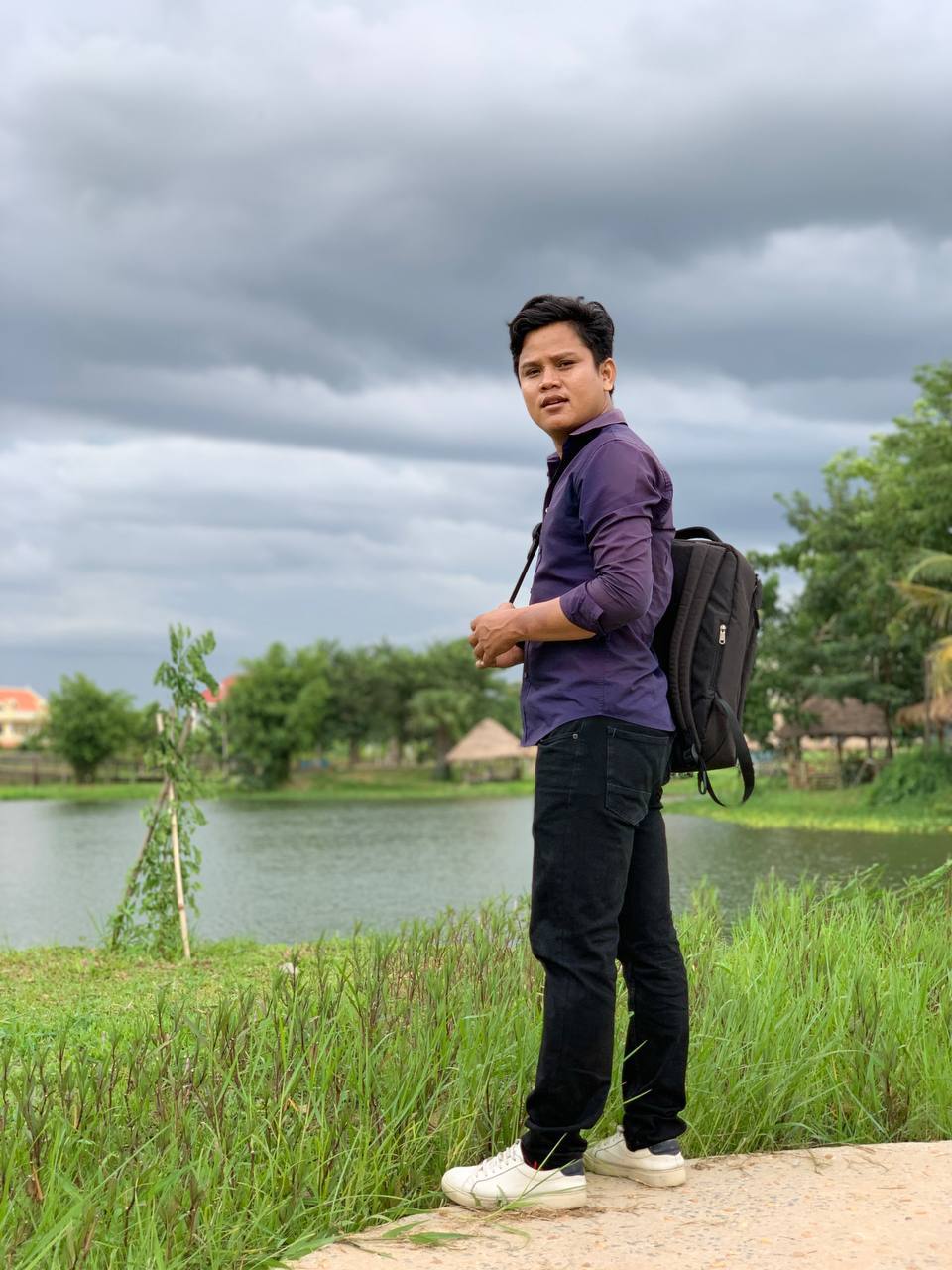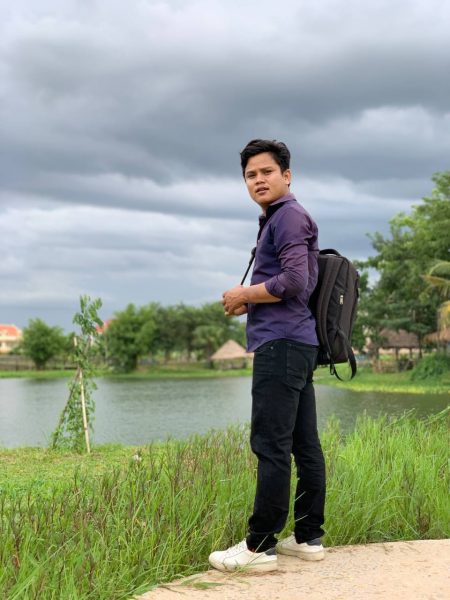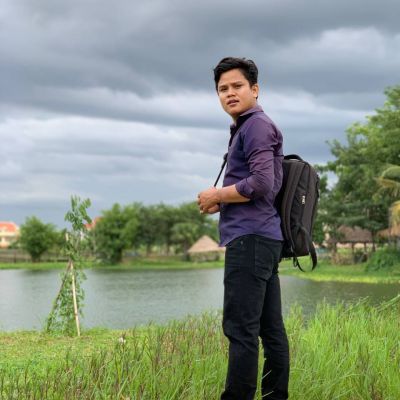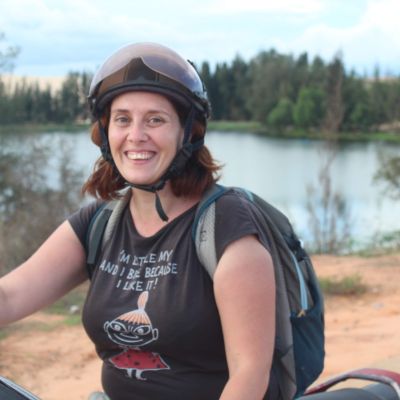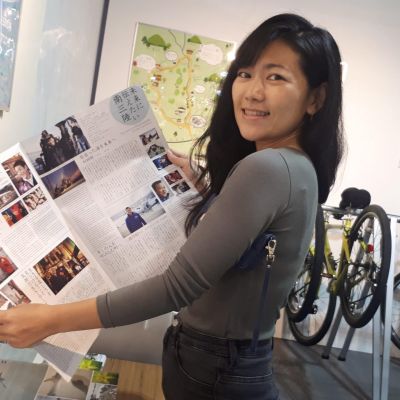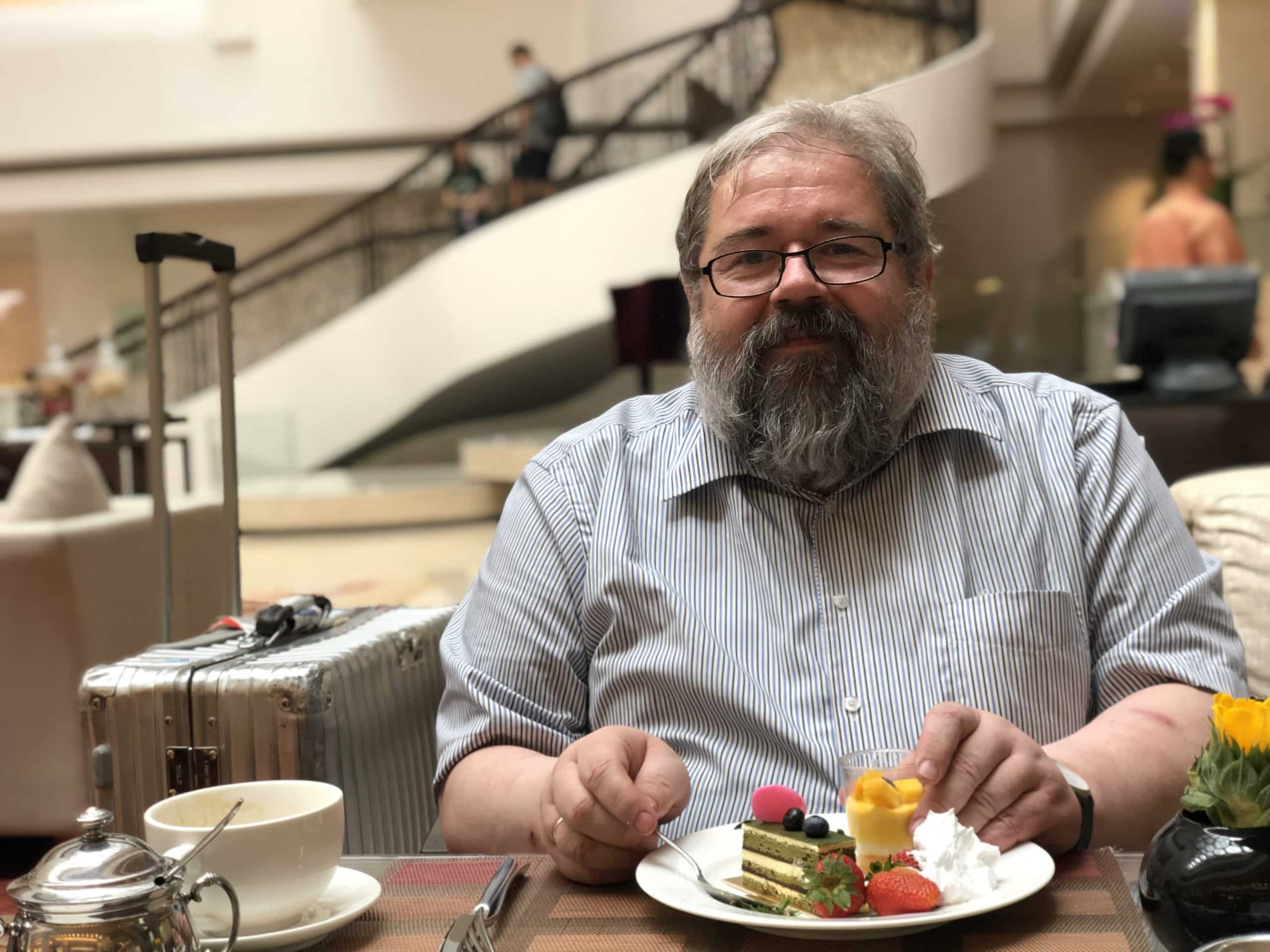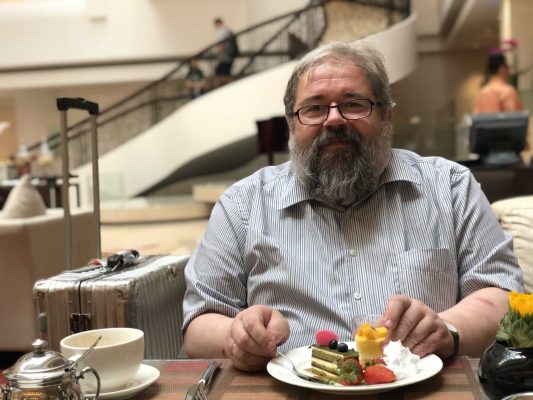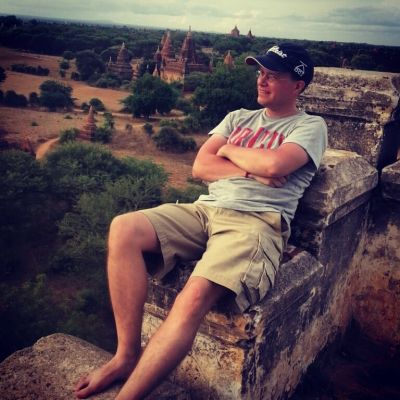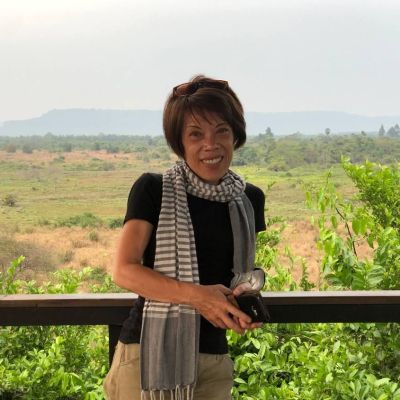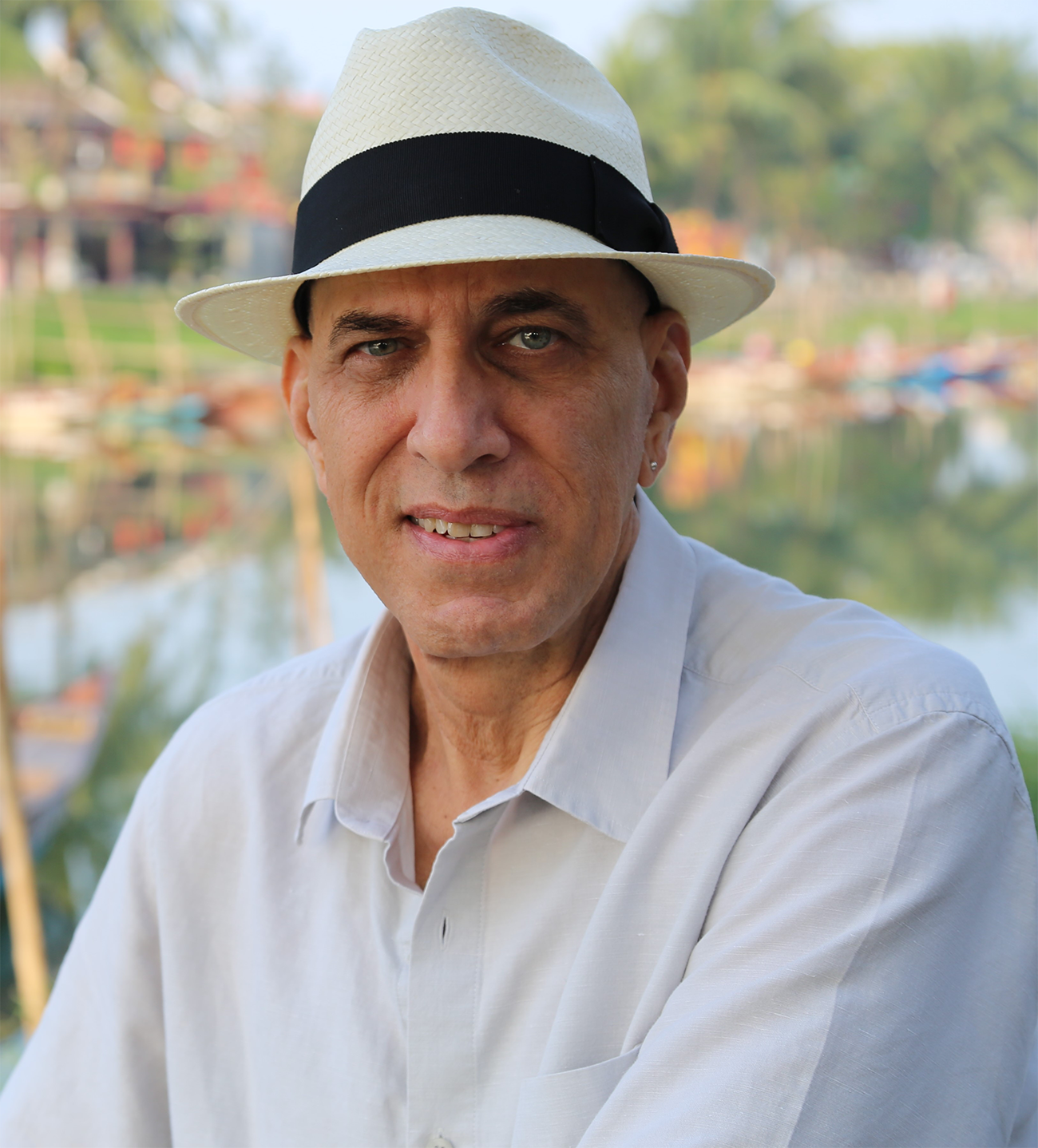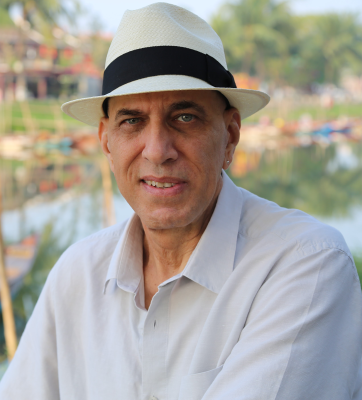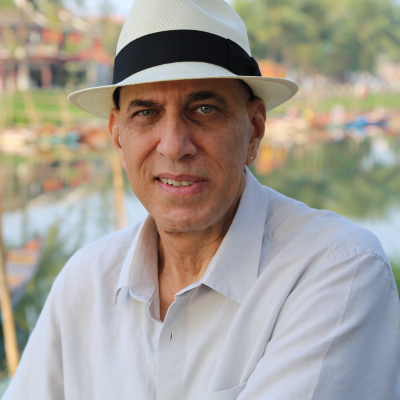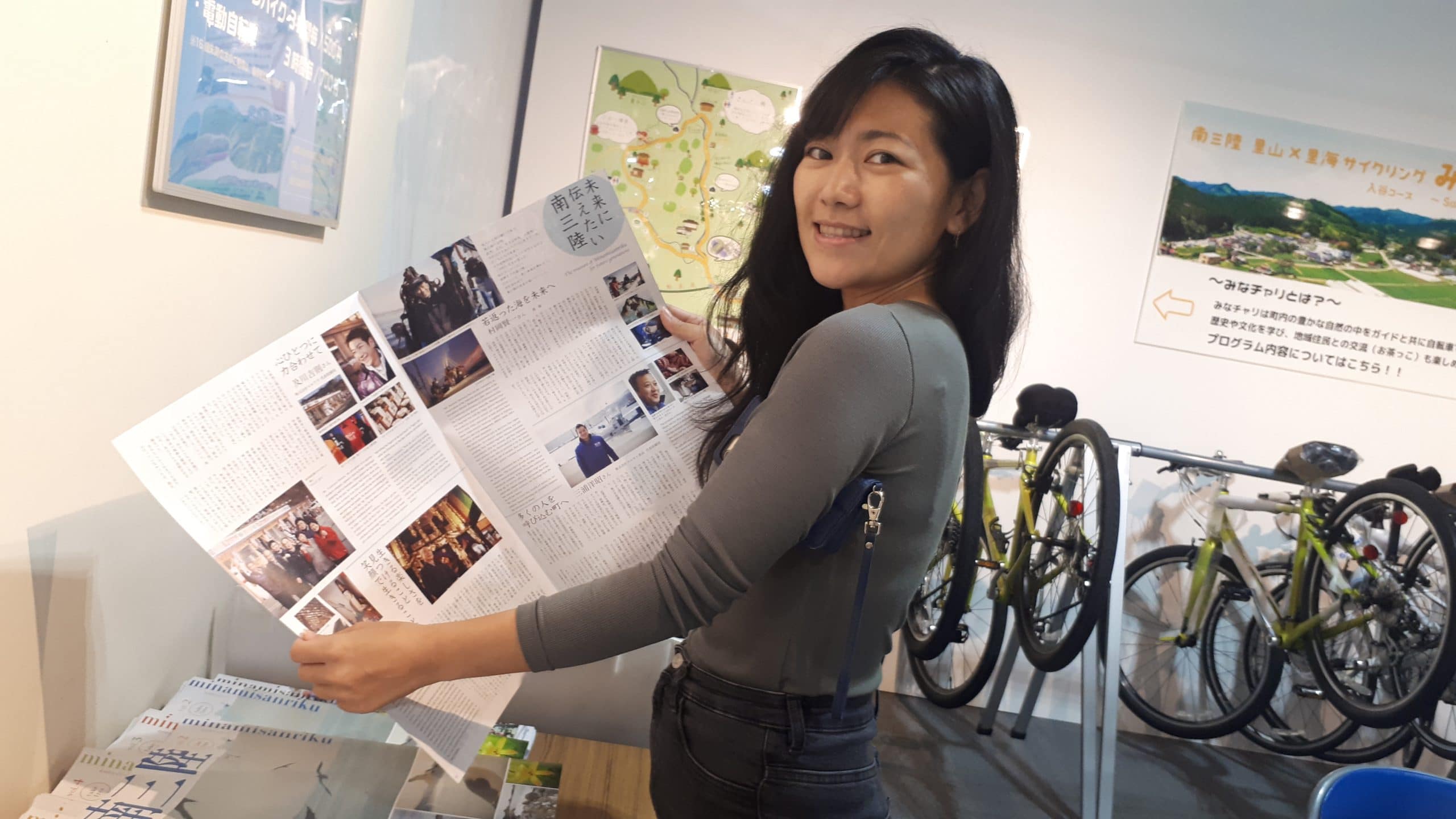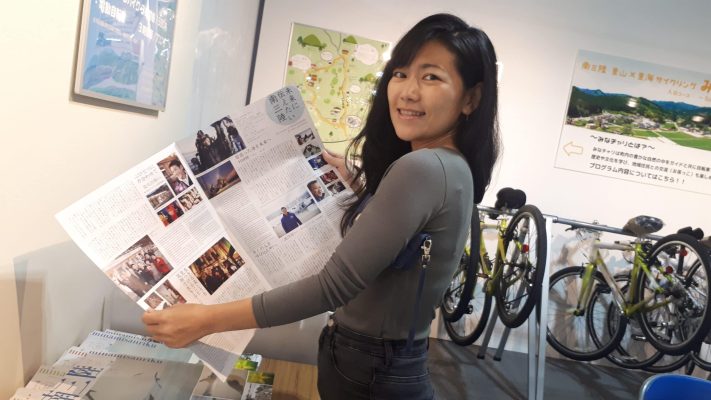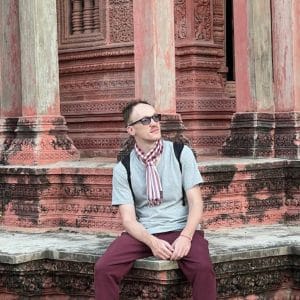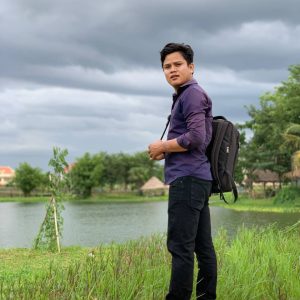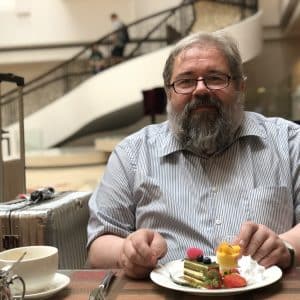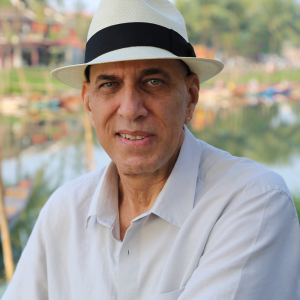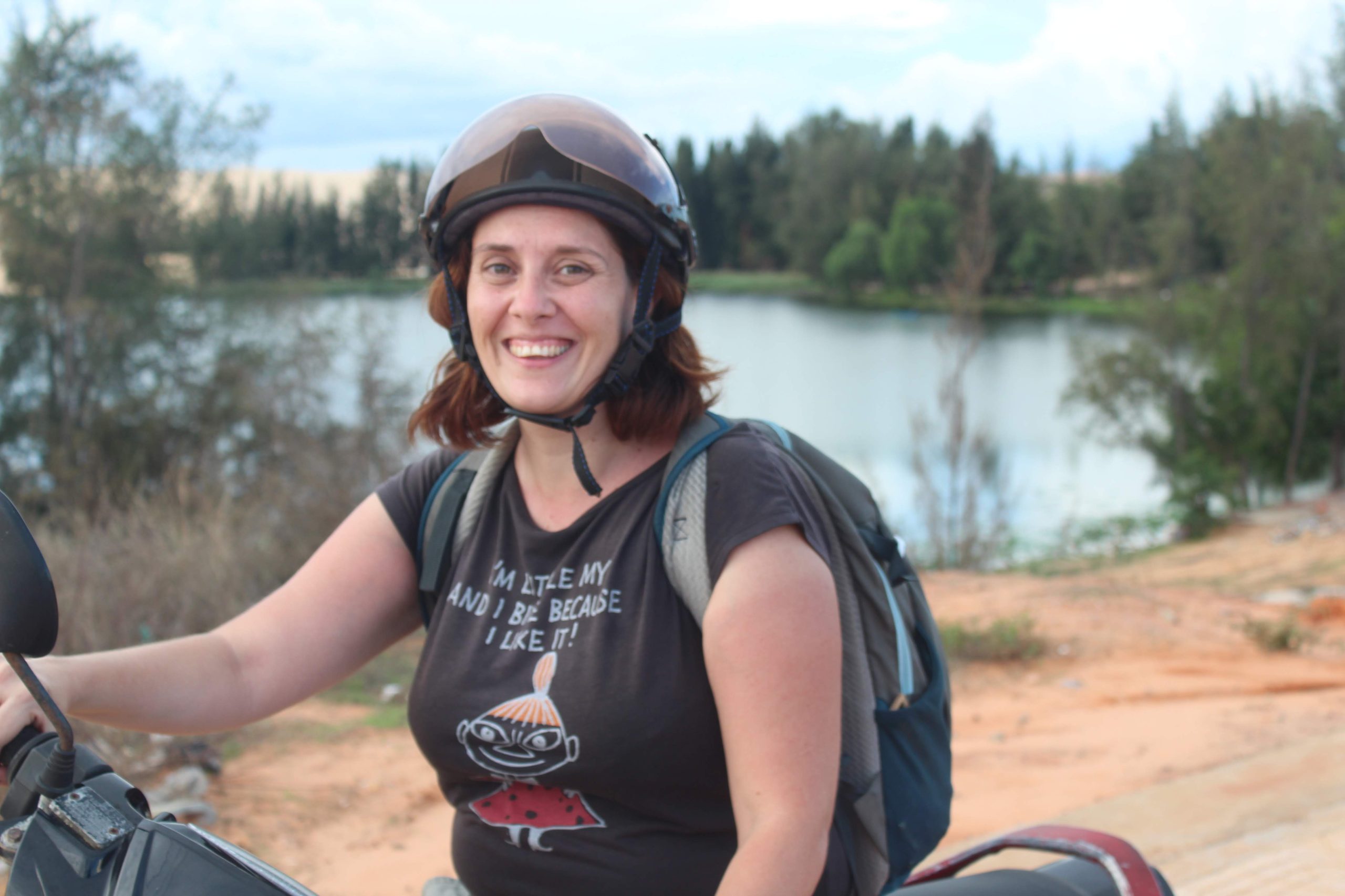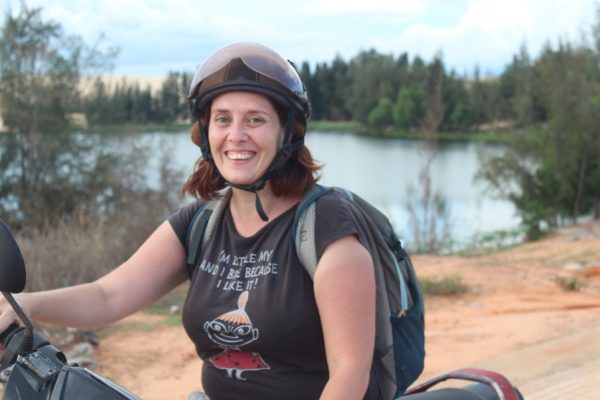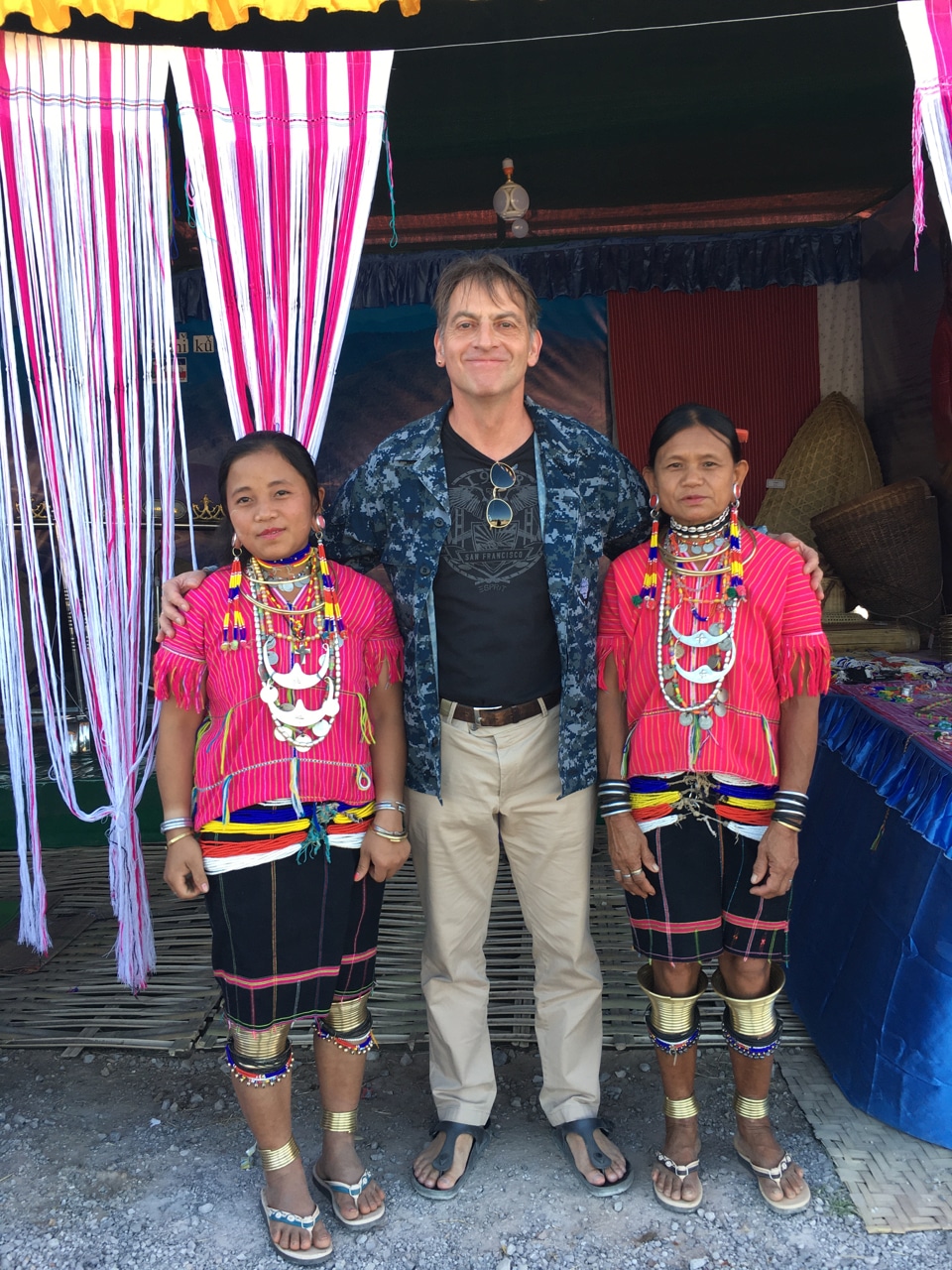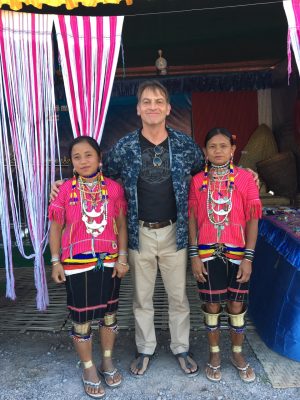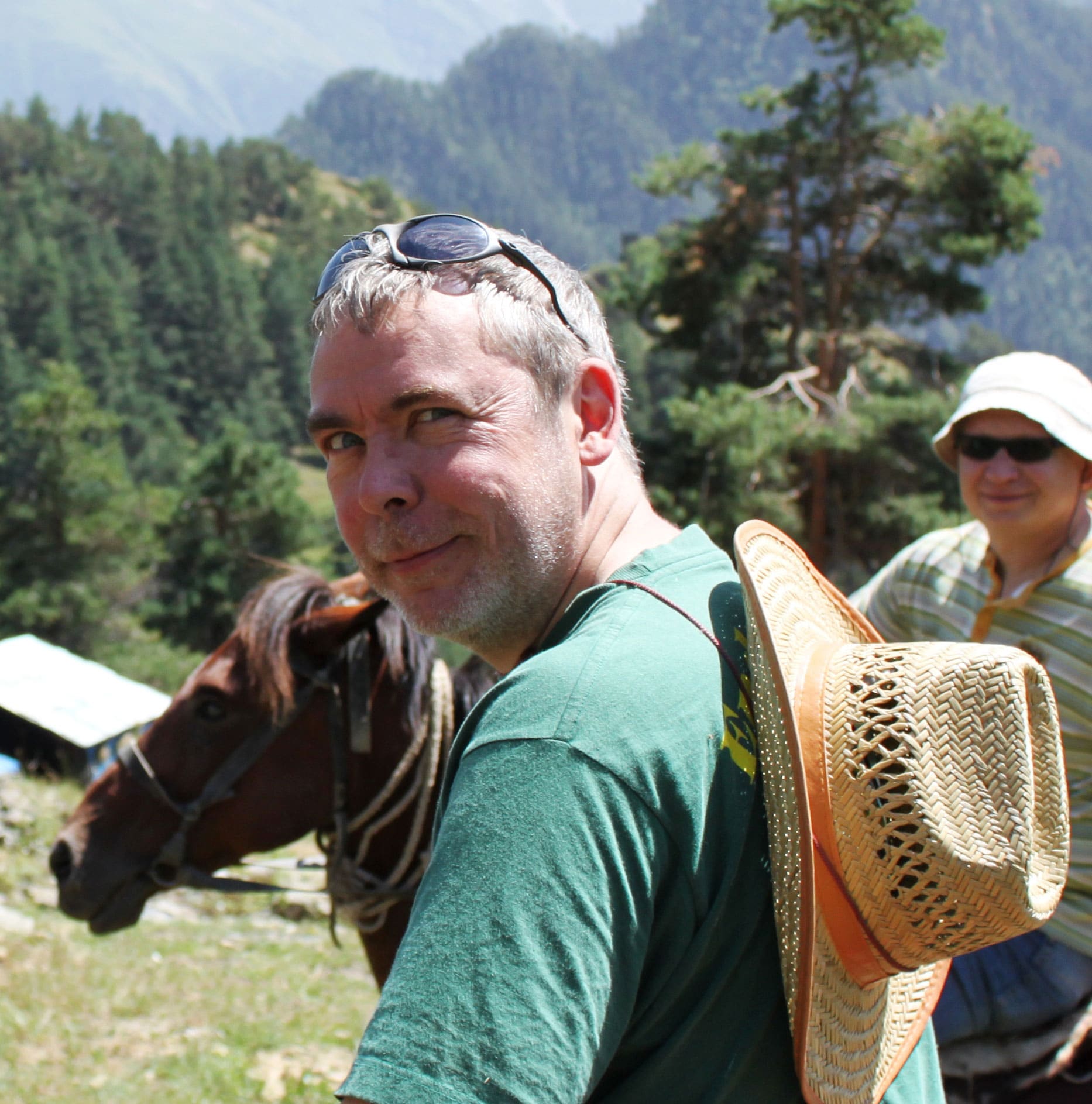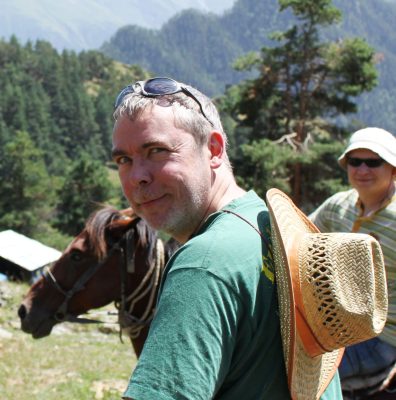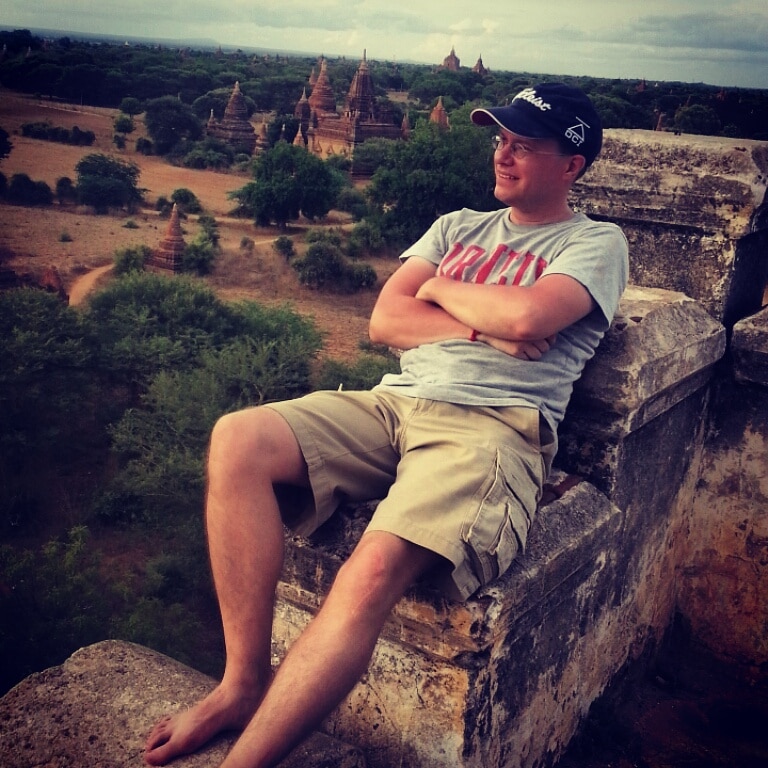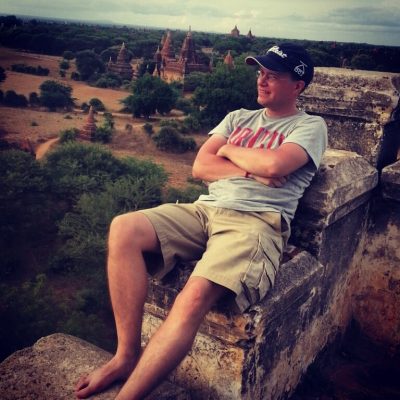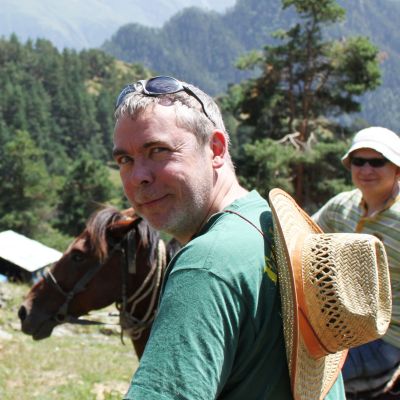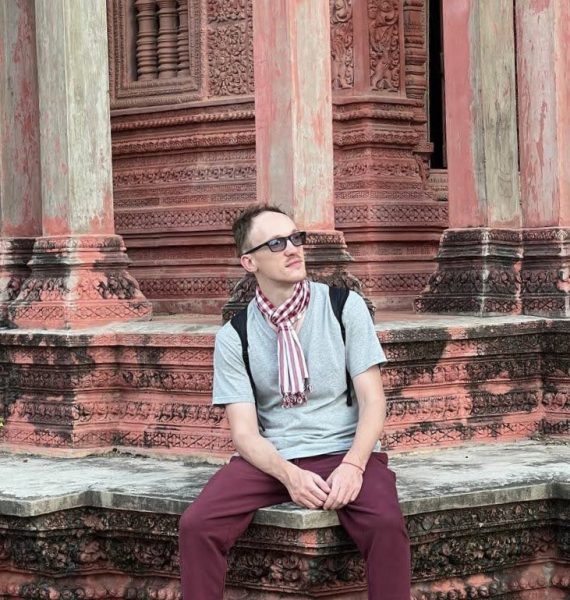
Martin Mouchenik
Project Manager
What excites you about the Mekong Region?
The Mekong region holds a special place for me, I had the opportunity to travel and discover a part of its variety of human cultures and diverse landscapes. I met and created strong, lasting bonds with people who still count in my life. Moreover, the region offers many opportunities for positive change. With the region's rapid development and growth, I’m thrilled to witness the emergence of social, solidarity and environmental initiatives.
Tourism-hospitality represents a valuable tool and a powerful vector that has the capacity to promote and facilitate inclusive and sustainable practices. I’m enthusiastic about engaging with local stakeholders and agents of change, understanding their needs, and collaborating with them to create meaningful impacts. This fills me with motivation and optimism.
Tell us about your Background
From France with a dual cultural heritage, I studied anthropology. I pursued political sciences and social & solidarity economy, as I've always been fascinated by human interactions and wished to get involved in the solidarity sector. I’ve also been trained in operations to develop additional skills. I had the chance to work on different projects related to inclusion, emergency aid, and people empowerment.
Over the years, I've worked in both humanitarian and development fields, including in Asia and Africa. Throughout my way, I was drawn to projects and operations management, team training and capacity building. The ability to empower others has become a driving force. I found it relevant to mobilise partners and volunteers, knowing that together we could amplify our impact in the field.
How do you want to make an impact for the region?
My aim is to contribute to a positive transformation that benefits the local economy while preserving the environment. I aspire to collaborate with local initiatives and community-based organisations to foster responsible and inclusive practices. This is through the development of innovative solutions where the actors can share their knowledge and experiences. I believe we can foster a true ecosystem and community of change.
I'm particularly enthusiastic about promoting responsible and sustainable experiences. By encouraging travellers to get off the beaten track and to engage with local initiatives, we can generate positive impacts for businesses and communities. We can strengthen the abilities of the region's entrepreneurs and project holders to respond effectively to the most pressing social and environmental concerns.
MORE PEOPLE
Gerrit Krüger
Gerrit Kruger Chief Marketing Officer Linkedin-in “To create good tourism, we need to build pride in communities in their culture, offerings, and products and provide capacity to enable balanced tourism. Only people who like…
Martin Mouchenik
Martin Mouchenik Project Manager Linkedin-in What excites you about the Mekong Region? The Mekong region holds a special place for me, I had the opportunity to travel and discover a part of its variety…
Daisy Park
Daisy Park 박재아 Special Advisor (Korea-Mekong Cooperation) Linkedin-in What excites you about the Mekong Region? “Diversity a Key for unlocking sustainability” is my faith in work. The GMS is the most accessible region from…
Jens Uwe Parkitny
Jens Uwe Parkitny Special Advisor (Strategy) CEO at Oway Group (Myanmar) Linkedin-in What excites you about the Mekong Region? While working as a travel writer, I visited many countries around the world and was…
